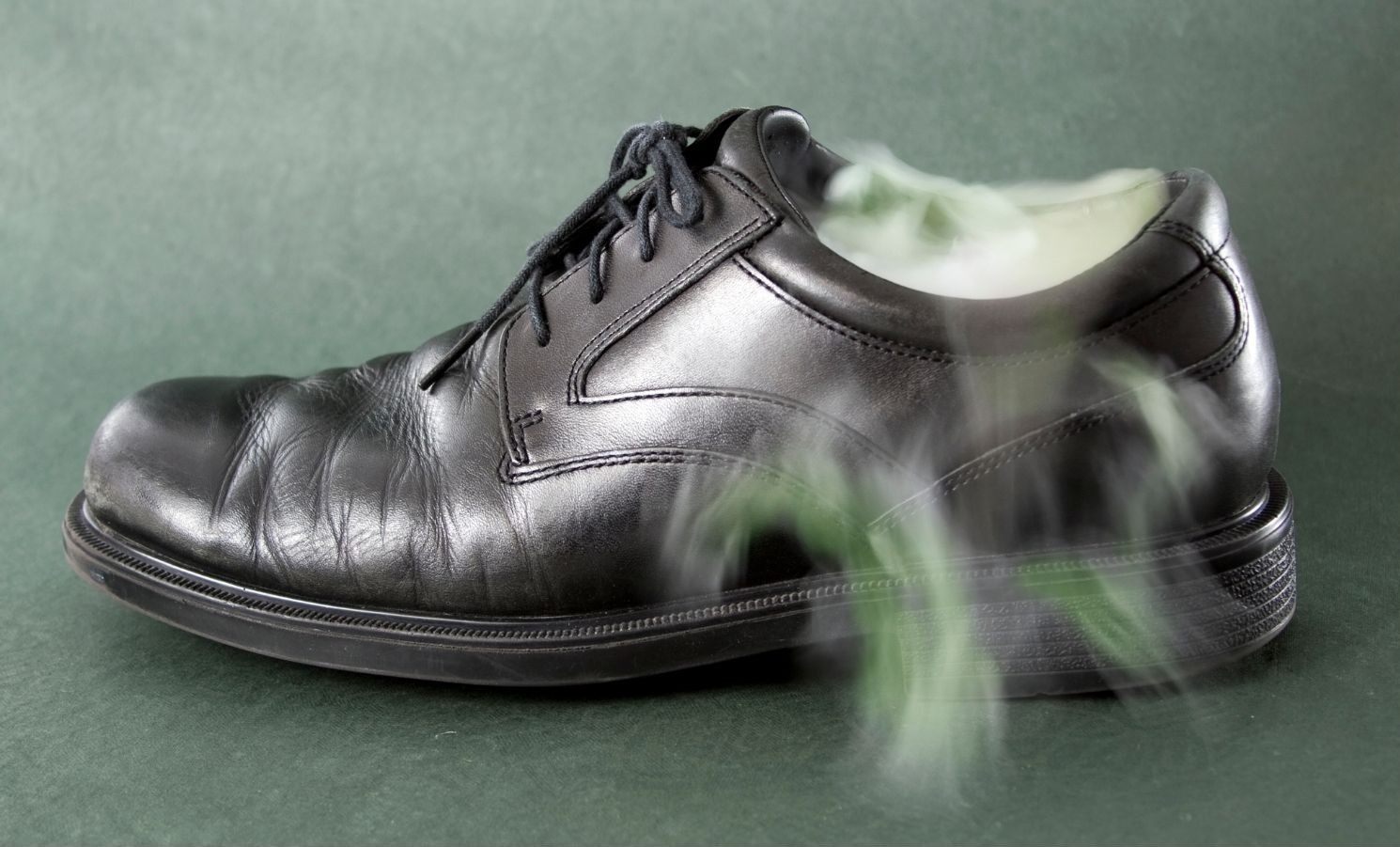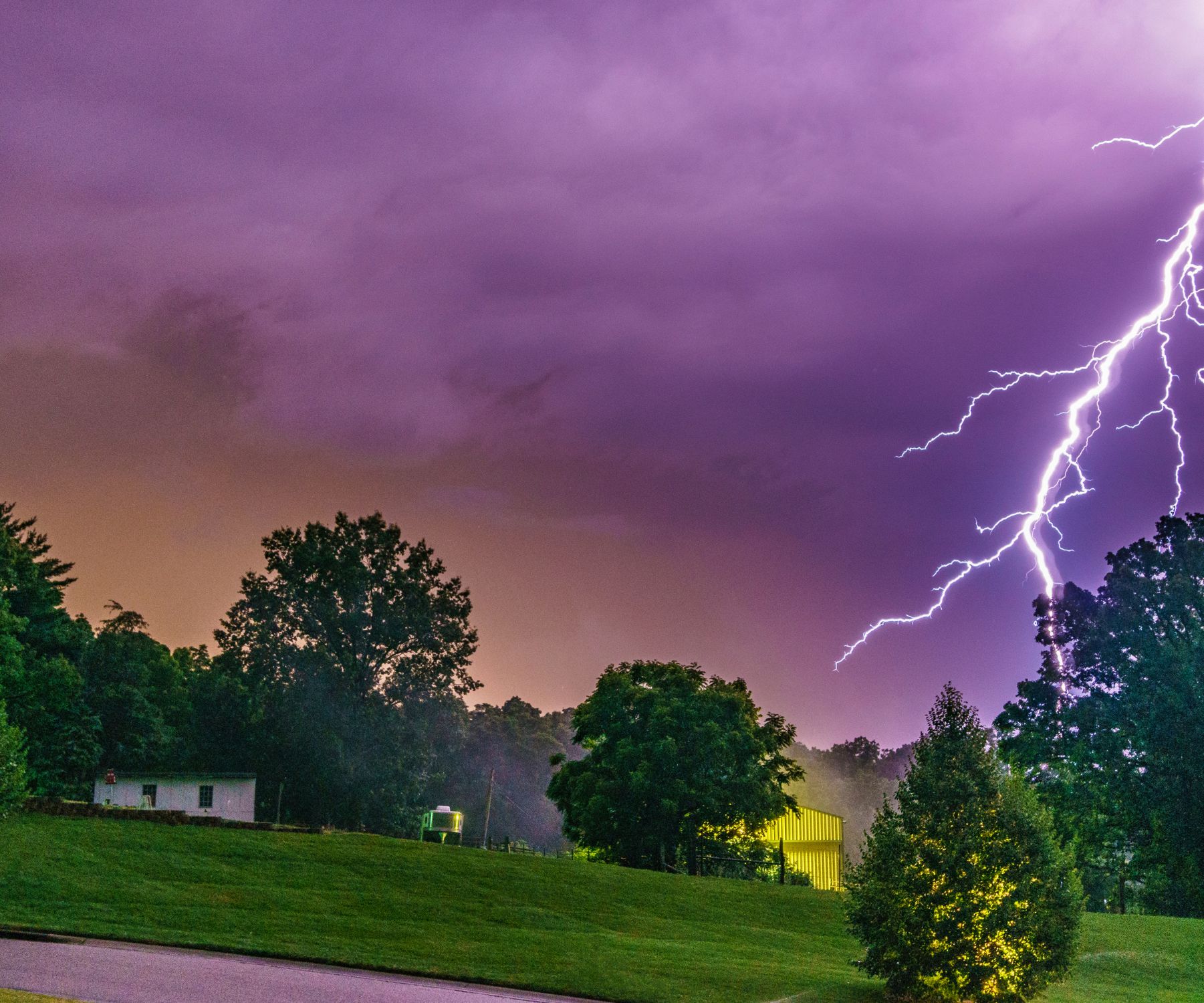Table of Contents
Does the Dyson Air Purifier Remove Odors?
Understanding the Capabilities of High-End Air Cleaners
Unpleasant odors in your home can make life uncomfortable. From pet smells to cooking odors, indoor air often contains a diverse mix of scents. This leaves many homeowners wondering: can an air purifier banish bad smells?
High-end air purifiers like those made by Dyson are equipped with specialized filters to capture odors and particulates. But how effective are they really at eliminating smells? Let’s take a deeper look at what these devices can (and can’t) do for your home’s indoor air quality.
How Do Air Purifiers Work to Reduce Odors?
Air purifiers use filters to physically capture airborne particles as air passes through the device. This includes dust, dander, smoke, and odors. There are a few main methods that air purifiers use to reduce smells:
- HEPA filtration – HEPA (high efficiency particulate air) filters capture particles as small as 0.3 microns. This includes many odor-causing compounds. However, HEPA filters alone aren’t sufficient to trap all odors.
- Activated carbon – Carbon filters absorb gases and odorous chemicals through a process called adsorption. Activated carbon is extremely porous, providing lots of surface area to trap smells.
- Specialized odor filters – Some filters are designed to target specific smells like cigarette smoke, pets, cooking, and mold.
By combining different filter types like HEPA and activated carbon, air purifiers can eliminate a wide range of odors and particles.
Do Dyson Air Purifiers Remove Odors?
Dyson air purifiers use patented filtration systems to reduce odors in your home. Features like HEPA filters and activated carbon make Dyson models effective at capturing many common smells.
For example, the Dyson Pure Cool tower air purifier includes:
- A glass HEPA filter that captures 99.97% of particles as small as 0.3 microns.
- Activated carbon to absorb odors and gases.
- Air projection that sends purified air across the room.
In addition, Dyson offers add-on CryptomicTM filters infused with titanium dioxide to break down formaldehyde. Owners report these filters help reduce stubborn smells like chemicals and paint fumes.
For severe pet odors, Dyson’s Pure Cool Link purifier uses activated carbon and HEPA filtration plus an extra layer just for trapping pet dander and odors.
Limitations of Air Purifiers for Odor Removal
While air purifiers like those made by Dyson are effective at reducing a wide range of smells, they do have some limitations:
- Difficult odors – Very strong, unpleasant odors are harder to fully eliminate.
- Particle size – Tiny odor molecules may not be trapped by standard HEPA filters.
- Chemical filtration – Specialized gas/odor filters must be replaced regularly.
- Source removal – Air purifiers cannot remove the source of an odor.
For severe odor issues like smoke damage or persistent pet smells, the source of the odor should be eliminated. An ozone generator is not recommended, as ozone can be harmful. Thorough cleaning, replacing damaged materials, and removing odor sources are the best ways to deal with long-lasting smells.
While air purifiers have limits, they remain a useful tool for managing general odors. Running an air purifier regularly can keep your indoor air fresh and prevent unpleasant smells from building up over time.
Tips for Getting the Most Smell Reduction from Your Dyson Air Purifier
To maximize odor removal with your Dyson air cleaner, follow these tips:
- Change filters regularly – Replace HEPA and carbon filters as recommended to keep them working at peak performance.
- Use automatic mode – Auto mode adjusts the fan speed as needed to actively clean the air.
- Cover larger areas – Position the purifier centrally to reach more of your home’s air space.
- Pair purifiers – Using two units can help clean more air faster.
- Control odors at the source – Pick up pet messes quickly, store smelly products in sealed containers, and take out trash regularly.
Regular maintenance and smart placement will help your Dyson machine work more efficiently to reduce odors in your indoor environment.
When to Use Other Odor Elimination Methods
Though air purifiers help control everyday smells, they aren’t a cure-all for odor problems. Very strong, lingering odors often require additional odor removal techniques such as:
- Cleaning carpets and fabrics
- Ozone treatment
- Painting over smoke damaged walls
- Replacing soaked drywall or insulation
- Sealing in odors with primers and sealants
For severe pet, smoke, and mold odors, contact a professional odor remediation company. They have commercial-grade equipment and methods to permanently eliminate difficult smells.
Recommended Dyson Air Purifier Models for Odor Control
Here are three top Dyson air purifiers for reducing odors in homes:
1. Dyson Pure Cool Purifying Fan
With HEPA and activated carbon filtration plus air projection up to 70 feet, this fan purifier is ideal for large rooms. The oscillation feature helps circulate purified air around the whole space. An air quality sensor detects odors and auto-adjusts the fan speed accordingly.
2. Dyson Pure Humidify + Cool
This 2-in-1 humidifier and air purifier adds moisture while capturing odors, making it great for dry environments. It uses UV light to kill bacteria and prevent mold growth. The humidification and cooling settings can run separately or together.
3. Dyson Pure Hot + Cool
With heating and cooling modes plus air purification, this versatile 3-in-1 Dyson model provides odor removal year-round. The included Cryptomic filter helps reduce tough smells like VOCs and nitrogen dioxide that come from sources like candles, cleaning products, and outdoor air pollution.
Frequently Asked Questions About Dyson Air Purifiers and Odor Removal
1. How do I know if a Dyson air purifier will remove a specific smell?
Dyson air purifiers are effective at removing most common household odors like cooking smells, pet dander, mold, and smoke. Look for models with activated carbon and HEPA filters, plus purification systems targeted for your needs like pet hair or chemical filtration.
2. How long does it take for a Dyson air purifier to remove odors?
You should notice a reduction in odors within the first day of use. But it may take 1-2 weeks of continuous operation to fully remove stubborn, lingering smells. Run the Dyson on auto mode so it actively responds to odors in your home’s air.
3. Do I need to keep windows closed for optimal odor removal?
For best results, keep windows and doors closed so the air purifier can fully filter the indoor air. Open windows allow new odors and pollutants to continuously enter, making odor removal more difficult.
4. What maintenance is required for optimal odor removal?
Replace the HEPA filter every 12 months and the activated carbon filter every 3-6 months. Check your model’s user manual for specific maintenance recommendations. It’s important to change filters on schedule so they work properly to trap smells.
5. Can Dyson purifiers fully eliminate pet odor?
Dyson air purifiers significantly reduce pet odors but may not fully eliminate smells from a multi-pet home. Combine with frequent cleaning of surfaces, washing pet beds, and using pet deodorizers for best results managing lingering odors.
6. Do air purifiers just mask odors or permanently remove them?
HEPA and activated carbon filtration physically captures and absorbs odorous compounds instead of simply masking smells. However, odors may return over time as new particles enter the air, so continual operation is needed for ongoing odor removal.
7. Can I run an air purifier 24/7 to continuously filter odors?
Yes, Dyson air purifiers are designed for safe 24/7 operation. Auto mode is ideal for continual use as the machine will automatically adjust its purification based on air quality sensor feedback.
The Bottom Line
Dyson air purifiers are highly effective at removing a wide range of household odors. Models with HEPA filters, activated carbon, and supplemental odor-fighting systems provide thorough cleaning and smell reduction for indoor air.
While air purifiers have limits for extreme odor issues, they are an invaluable tool for keeping everyday smells at bay. Positioning your Dyson strategically, changing filters regularly, and running auto mode will maximize its effectiveness for odor removal.









